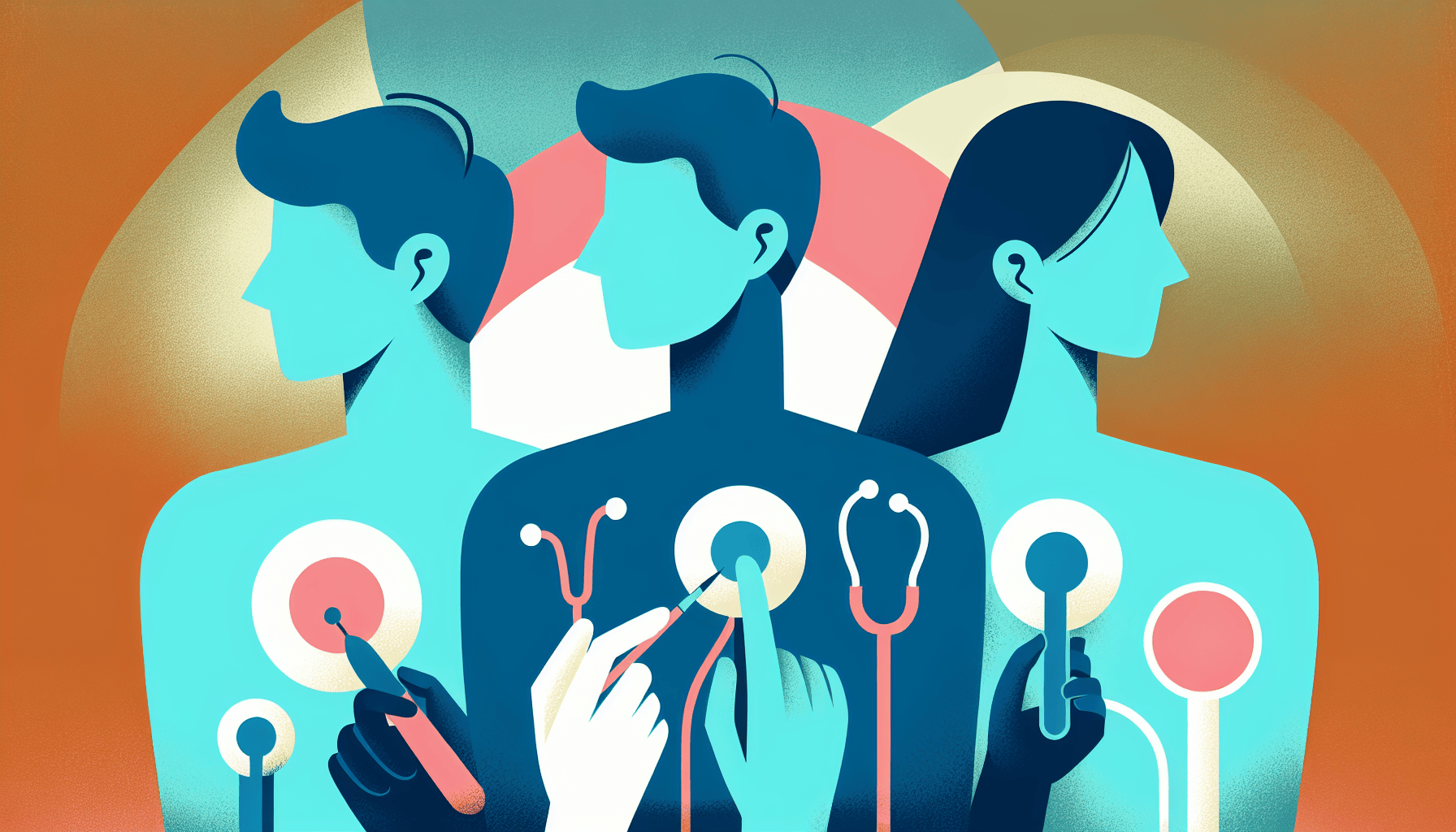Premature ejaculation (PE) is a common sexual issue that affects 30-40% of people with a penis at some point in their life. It occurs when you have an orgasm before or shortly after penetration during sexual intercourse. While occasional PE is not a cause for concern, frequent occurrences can lead to frustration and embarrassment for both partners.
What Causes Premature Ejaculation?
The exact cause of PE is not well understood, but several factors may contribute to the condition, including:
Psychological factors such as stress, anxiety, depression, guilt, or relationship problems
Physical conditions like unusual hormone levels, irregular neurotransmitter levels, prostate inflammation, or urethral infections
Genetic traits inherited from parents
Erectile dysfunction (ED)
If you experience PE regularly, it's essential to consult with your doctor to determine the underlying cause and develop an appropriate treatment plan.
Symptoms of Premature Ejaculation
The primary symptom of PE is ejaculating within 1-3 minutes of penetration during sexual intercourse. Other signs may include:
Inability to delay ejaculation during masturbation or other sexual situations
Feelings of frustration, embarrassment, or avoidance of sexual intimacy
Diagnosing Premature Ejaculation
To diagnose PE, your doctor will ask about your sexual history and may perform a physical exam. They may also refer you to a mental health professional or urologist for further evaluation, depending on the suspected cause of your PE.
Treatment Options for Premature Ejaculation
Several treatment options are available for managing PE, including:
1. Behavioral Techniques
You can try the following techniques at home to help delay ejaculation:
Start-stop method
Squeeze technique
Kegel exercises to strengthen pelvic floor muscles
Using condoms to reduce sensitivity
Masturbating a few hours before intercourse
2. Counseling and Therapy
Psychological factors often contribute to PE. Seeking help from a psychologist, psychiatrist, or sex therapist can help you address underlying issues such as depression, anxiety, or relationship problems.
3. Medications
While no medications are specifically approved for treating PE, some off-label options may help, including:
Antidepressants (SSRIs)
Tramadol (a pain reliever)
Erectile dysfunction medications (Viagra, Cialis, Levitra)
Anesthetic creams or sprays
Discuss the potential benefits and side effects of these medications with your doctor to determine if they are suitable for you.
With proper treatment, about 95% of people with PE can recover and enjoy more satisfying sexual experiences. If you suspect you have PE, don't hesitate to seek help from a healthcare professional. They can work with you to develop a personalized treatment plan that addresses your specific needs and concerns.
For more information on premature ejaculation and its management, visit:
The Bottom Line
Most men can significantly improve ejaculatory control through a combination of behavioral techniques, topical treatments, and medications when needed. The key is starting with non-medication approaches and adding medical treatment if symptoms persist beyond 2-3 months of consistent practice. If you're experiencing persistent rapid ejaculation that's affecting your relationships or confidence, Doctronic can help you explore treatment options quickly.



